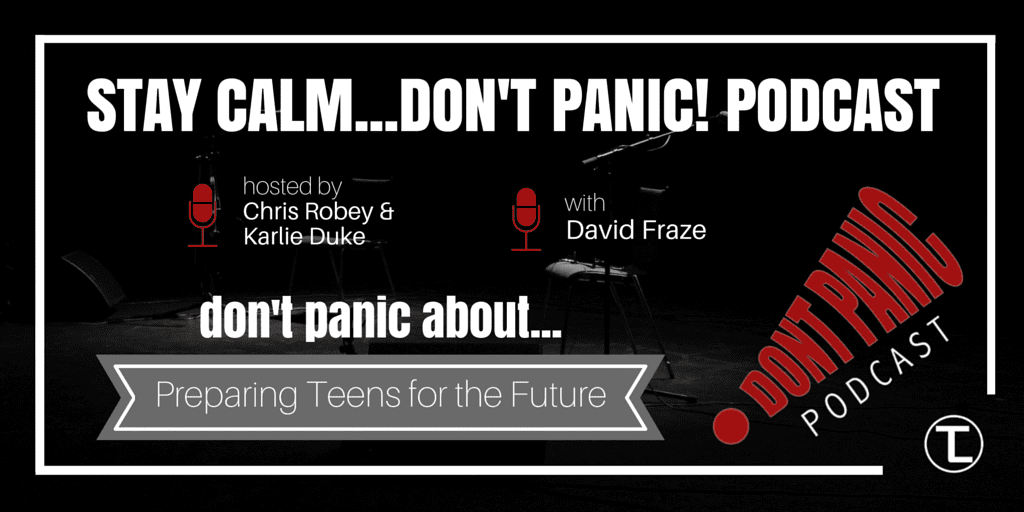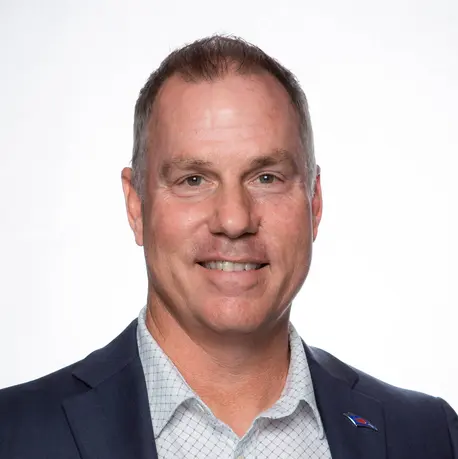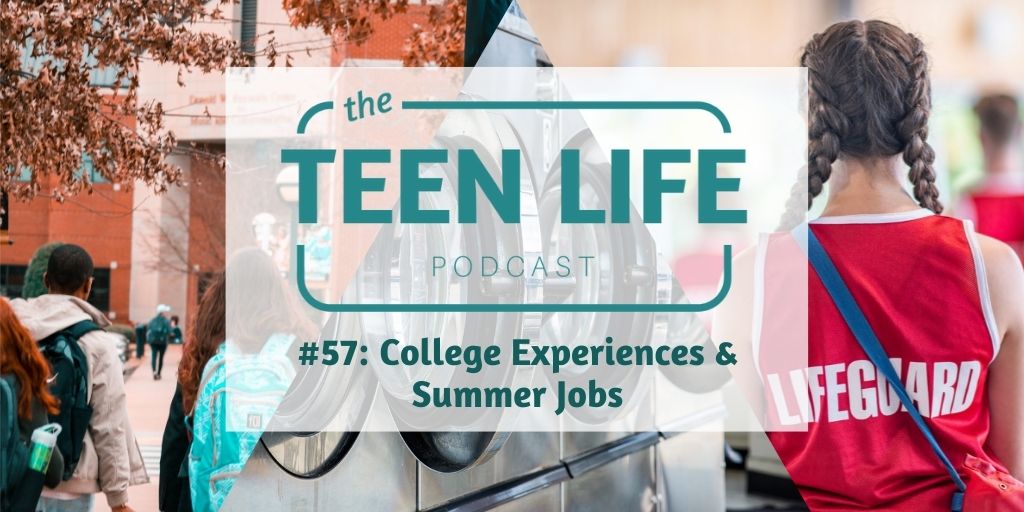
Don’t Panic about Preparing Teens for the Future with David Fraze
Podcast: Play in new window | Download
What does the transition from adolescence into adulthood look like for parents and teens?
Your teen is going to grow up and become an adult. A scary thought, we know!
But in this episode, join the conversation with Dr. David Fraze about what this transition looks like and how we can better prepare teenagers to emerge as functioning, responsible adults. Your teen will eventually leave you, but don’t panic – you’ve got this!
You’ll find out…
- The 3 questions teens are tasked with before emerging into adulthood.
- What teenagers need to walk through the transitions in adolescence.
- The role of adults in a student’s life.
- Ways to deliberately provide teenagers with adult connections.
- How to help students build healthy peer relationships.
- What you can do to prepare teenagers for adulthood.
Ask yourself…
- How can I better praise teens based on who they are and not just what they do?
- What kind of example of character, of choice making, of responsibility, and of rule following am I setting?
- What am I teaching teenagers about being an adult?
Go ask a teen…
- How many significant adult relationships do you have in your life?
- Who are the 5 adults that you would talk to if you wouldn’t want my advice?
- What is it like to be a teenager in 2016?
Resources:
- Book: Sticky Faith by Kara E. Powell & Chap Clark
- Book: A Tribe Apart by Patricia Hersch
- Website: dontpanicpodcast.org
- Music: Under the Chandeliers

Karlie Duke
Communications Director

Chris Robey
Former CEO

Dr. David Fraze
Special Guest
Dr. David Fraze | Special Guest
David Fraze (D.Min., Fuller Theological seminary) is Special Assistant to the President of Lubbock Christian University and Fort Worth Area Director and Manager of DFW Character Coaches for Fellowship of Christian Athletes. He is a popular speaker and writer on all things youth ministry and adolescence. Based out of North Richland Hills, Texas, David has been working with students for over 25 years.
Chris Robey | Former CEO
Chris has spent most of his career empowering teenagers from all backgrounds. As the former leader of Teen Life, he is passionate about helping students make good choices while also giving adults the tools they need to communicate more effectively with teens. Chris is a graduate of Midwestern State University and holds a Master’s Degree in Family Life Education from Lubbock Christian University.
Karlie Duke | Director of Communications
Karlie has always had a heart for teenagers. Through her role at Teen Life, she loves to showcase the amazing stories coming out of Support Groups, but she is especially passionate about helping adults and teenagers find connection. Karlie has a BS in Communications with a minor in Family Studies from Abilene Christian University.


